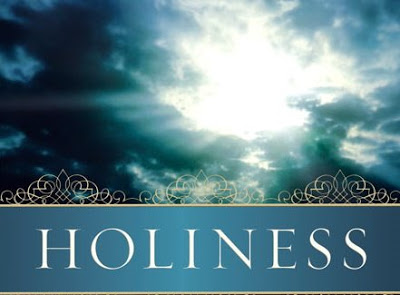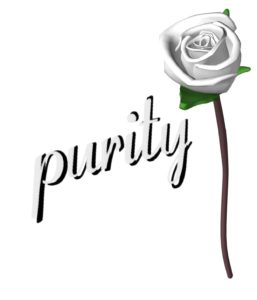
Leviticus 22
Leviticus 22:1–31, Profane Vs. Holy. In this section of the Torah, YHVH makes some strong delineations between that which is profane, polluted or contaminated and that which is kadosh or literally to be clean, consecrated, set-apart in service to YHVH. To come into his presence demands that men follow high and exacting standards. Why? It is to teach sinful man that although YHVH is high and lifted up above the mortal and mundane plane in his set-apartness and righteousness, he is not unapproachable by men if they will prepare themselves properly to come into his presence (see Eccl 5:1–2). He wanted to impress this upon the Israelites as they began the service of the tabernacle.
Therefore, YHVH specifies that certain offerings brought to his altar that are contaminated will be rejected if (a) the offerer is in a state of physical contamination, (b) he is contaminated through improper marriage, or (c) he is offering a blemished animal. What can we learn from this? What offerings do we bring to YHVH’s altar now? Our time, our money, our energy, our talents and spiritual gifts, our devotion? Do we give him the best? Do you pray to him and study his Word in the morning when you are the freshest, or do you give him the crumbs of your day after a hard day’s work just before bed when you offer up “sleepy time” prayers and read the Scriptures as your drifting off to sleep? Are your tithes the crumbs and leftovers after all the bills are paid, the government has taken out its portion and your play money has been set aside?

If you are a young person, are you serving YHVH while you have the health and vigor of youthfulness, or are you planning on playing now and serving YHVH after you have sated the lusts of the flesh, if at all? (Read Eccl 11:9–10; 12:1–14 and Matt 6:24.) Examine your life. Are you giving YHVH the best in all areas? If not, repent and change your priorities, and then see what happens in your spiritual walk and relationship with him!
The Bible reveals that there are many aspects relating to the concept of holiness or purity. One thing is for certain: without holiness, no one will ever see YHVH (Heb 12:14). Holiness or purity is not only a mindset, but a lifestyle—a way of living, acting and speaking. Holiness is much more than just acting religious!
Leviticus 22:2 and 32, Profane not my set-apart [kodesh] name. Chapter 22 opens and closes with YHVH commanding his people to not desecrate his kodesh name, but to sanctify or to keep it set-apart. In Hebrew thought, a name is not only what we verbally call a person, but it is also a reflection of one’s character and identity. Why does YHVH stress the importance of revering and sanctifying his name? How does having a proper understanding of his name help humans to not offer profane, polluted or contaminated offerings to YHVH? In Exodus 20, we find the Ten Commandments. The Jews teach that the first word or command is not “You shall have no other gods before me …” but rather “I am YHVH your Elohim …” Why is knowing his identity and his name so vital to a righteous walk? Do you use his name carelessly or utter it with great fear and reverence?


With a reverent heart always.
John
The name above all names(for now) came in His Father’s name. It’s the only name under heaven whereby we can be saved and yet this One who came in the flesh to bear our shame was crucified (naked) makes me realized when Adam and Eve sinned they realized they were naked and He covered them from the beginning. Before His arrest and in John 17:5 He asks the Father to give Him the glory He had with Him before the world was. To Him be all the glory, honor and praise. Emet, Amein.